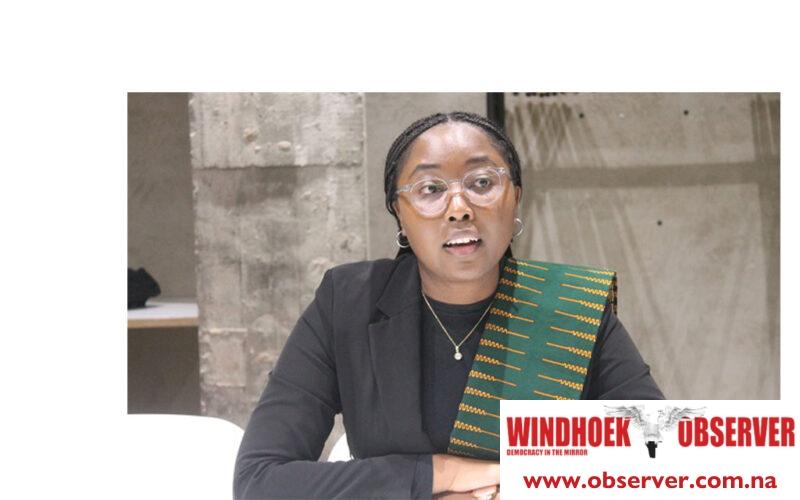Niël Terblanché
Namibia is hosting the first African Preparatory Meeting (APM26-1) for the International Telecommunication Union (ITU) Plenipotentiary Conference 2026 (PP-26) and the second African Preparatory Meeting for the World Telecommunication Development Conference 2025 (WTDC-25).
The meeting organised by the African Telecommunications Union (ATU) started on Monday in Windhoek.
Emma Theofelus, the Minister of Information and Communication Technology (MICT), at the opening of the meeting, stressed the significance of these preparatory meetings.
Theofelus highlighted that the ITU Plenipotentiary Conference and the World Telecommunication Development Conference are crucial for setting strategic goals and priorities in telecommunications and ICT development, especially for developing countries.
“The ITU Plenipotentiary Conference, held every four years, is the highest decision-making body of the ITU, responsible for setting the Union’s strategic goals and priorities. It also elects the members of the ITU Council and the Secretary-General. The decisions made at this conference significantly impact the future direction of telecommunications policy and regulation globally,” Theofelus explained.
Theofelus said that these preparatory meetings offer African countries a platform to voice their unique challenges and opportunities, ensuring their perspectives are considered in global ICT policy formulation.
She said that by participating in these meetings, African countries can collaborate with other nations, share best practices, and develop innovative solutions to common ICT issues.
“In today’s digital age, access to affordable and reliable telecommunications infrastructure is no longer a luxury but a necessity for the development of our countries and the well-being of our people. Advancing connectivity is essential for driving economic growth, promoting social inclusion, and fostering innovation,” Theofelus said.
Namibia has made significant progress in expanding access to ICT services and bridging the digital divide.
The minister said that through its National Broadband Policy, Namibia has laid the foundation for a vibrant and competitive ICT sector that is driving innovation, creating jobs, and improving the quality of life for all Namibians.
Theofelus, however, acknowledged that much work remains to ensure no one is left behind in the digital revolution.
One of the key challenges facing many African countries is the lack of adequate infrastructure to support the growing demand for ICT services.
Theofelus said that there is a need to focus on increasing investments in broadband networks, expanding coverage to underserved areas, and promoting digital literacy and skills development.
“We must foster a competitive and inclusive ICT sector that benefits all stakeholders. By promoting a regulatory environment that encourages investment and innovation, we can create opportunities for small and medium-sized enterprises, drive down costs for consumers, and stimulate economic growth. At the same time, we must ensure that the benefits of digital transformation reach all segments of society, including women, youth, and people with disabilities,” Theofelus said.
Theofelus expressed her gratitude to the ATU for choosing Windhoek as the host city for these important meetings. She also encouraged delegates to enjoy Namibia’s stunning landscapes, vibrant culture, and warm hospitality.
“By investing in ICT infrastructure, promoting competition and innovation, and empowering our citizens to harness the power of technology, we can create a brighter future for all Africans. Together, we can shape the future of telecommunications and create a more inclusive and connected world for all,” Theofelus said.




